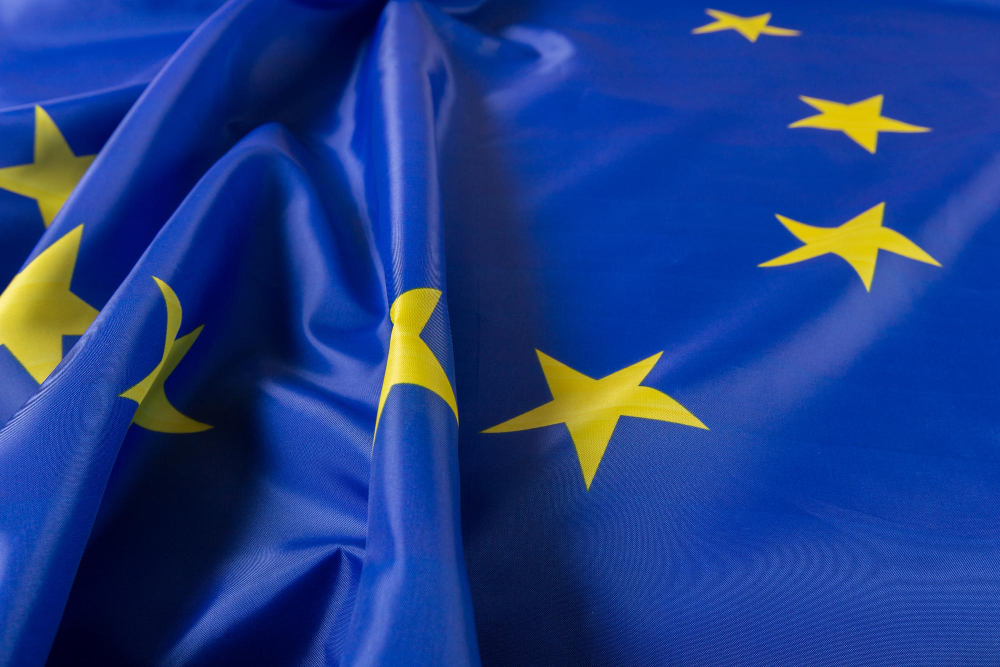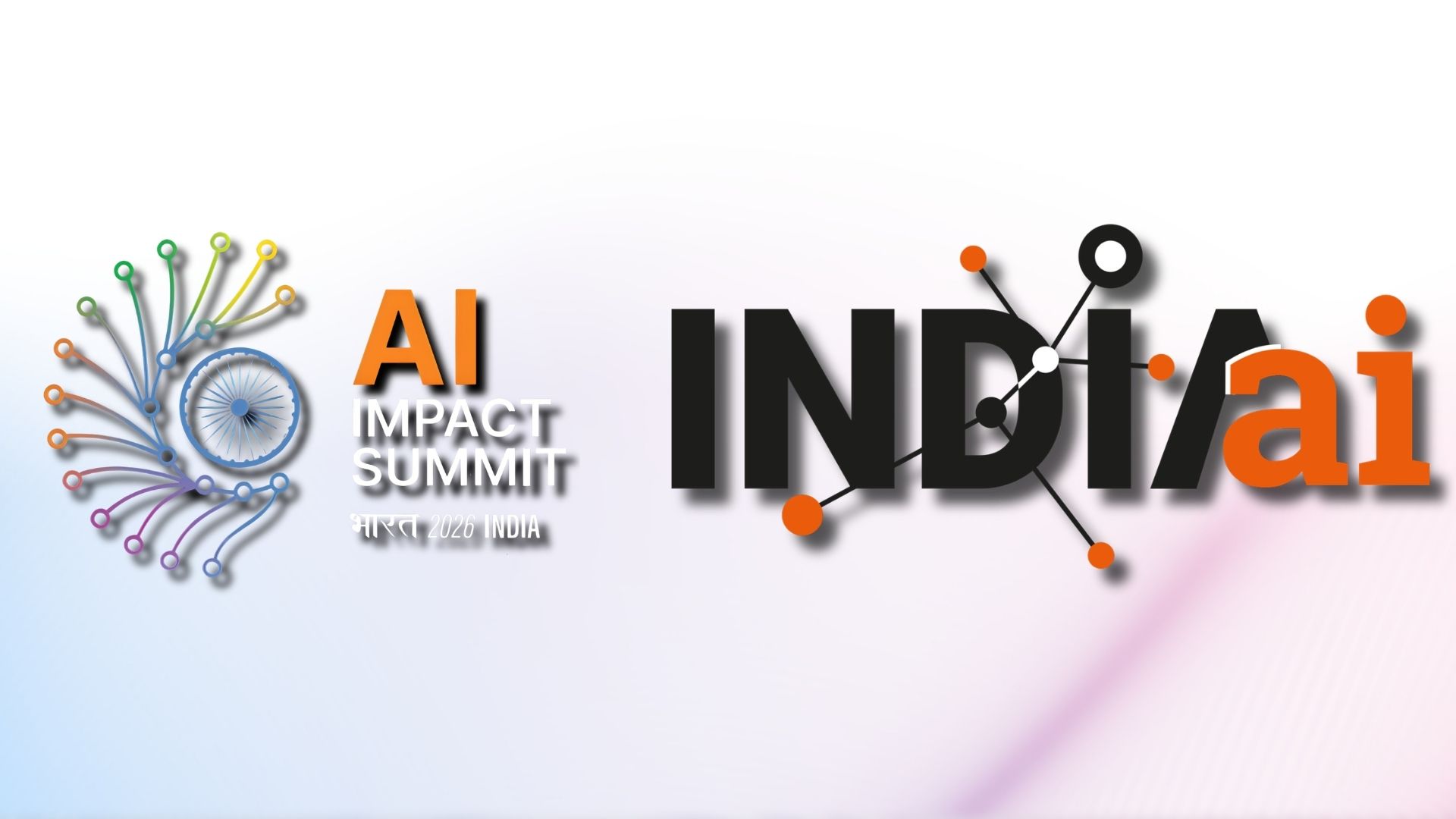Wikipedia editors have voted to remove all links to Archive.today, citing allegations that the web archive was involved in a distributed denial of service attack.
Editors said Archive.today, which also operates under domains such as archive.is and archive.ph, should not be linked because it allegedly used visitors’ browsers to target blogger Jani Patokallio. The site has also been accused of altering archived pages, raising concerns about reliability.
Archive.today had previously been blacklisted in 2013 before being reinstated in 2016. Wikipedia’s latest guidance calls for replacing Archive.today links with original sources or alternative archives such as the Wayback Machine.
The apparent owner of Archive.today denied wrongdoing in posts linked from the site and suggested the controversy had been exaggerated. Wikipedia editors nevertheless concluded that readers should not be directed to a service facing such allegations.
Would you like to learn more about AI, tech and digital diplomacy? If so, ask our Diplo chatbot!










